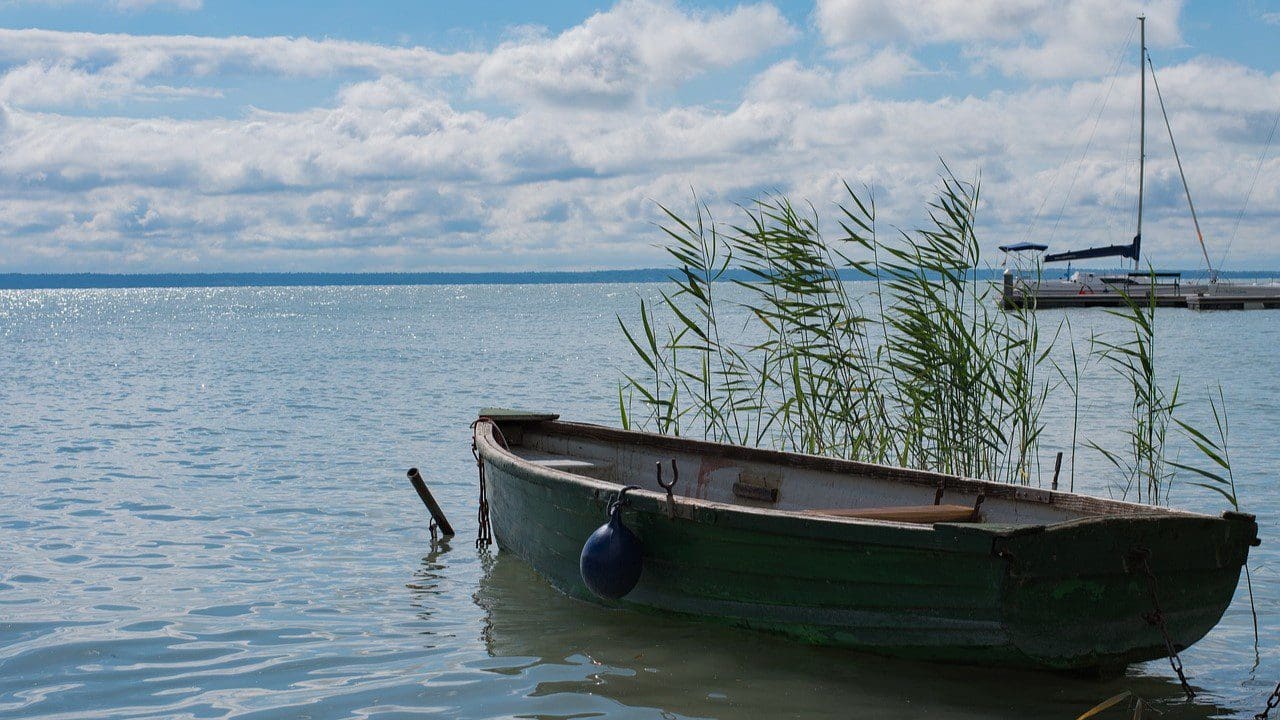The following is a translation of an article written by Hungarian winemaker István Jásdi, originally published on Mandiner.hu.
‘We need to offer something special: local values, a gastronomy with local raw materials and drinks, cultural programmes, human interaction.’
There are at most two dozen five-star attractions in the world that everyone should see at least once in their lifetime, but eight billion will certainly never get to Venice, Rome, Paris, London, New York, the Great Wall of China, Bali, or Machu Picchu… These destinations definitely do not have to fight for guests.
The number of places in the next category is far greater: natural attractions from Niagara to the Grand Canyon, picturesque cities around the world where you can spend days or a week, and even come back for more. Budapest is perhaps one of these. There is already fierce competition between these destinations, and for one to be more successful than the others are, it has to offer something more than just the view: local values, a gastronomy with local raw materials and drinks, cultural programmes, and human interaction. Places that present imported ideas instead of independent cultural achievements, fish and champagne from far away instead of their own produce, and have a tourist industry instead of hospitality, will inevitably fall behind.
However, it is not just the multi-star destinations that attract visitors, but also the quiet and out-of-the-way attractions that offer tranquillity, peace and nature. Such places include, for example, the North Sea island of Sylt, a favourite of the German elite, where hotels are thatched huts and restaurants serve vegetables picked in the morning from the garden and fish caught at dawn in the sea. There, guests are addressed by their name from day one. In such places, tourists even accept that they are not allowed to stray from the island’s boarded paths, lest they ruin the otherwise monotonous-looking heather plants growing on the sandy shores of the island.
Lake Balaton could be just such a close-to-nature place.
Of course, it is not concrete that is needed for that. What is needed is nature, silence, the possibility of cycling, sailing and walking, authentic restaurants and wineries, respect for the traditional built environment and a personal touch.
However, unfortunately, in most Hungarian restaurants and hospitality facilities, there is a shortage of staff who speak a foreign language and Hungarian well enough to be able to establish a rapport with the guests. The problem is not with Hungarian waiters—Austria’s world-famous tourist resorts are largely run by them. Perhaps they should be offered a meaningful career and reasonable wages in this country, instead of burdening them with more and more bureaucratic tasks. For about twenty years, it has been forbidden to sell fish from the Balaton in restaurants—the Hungarian fishing lobby has somewhat outdone itself. And carp from the fishpond will obviously not become a world gastronomic attraction.
Meanwhile, nature is being systematically eradicated from the lakeshores and the hillsides.
Instead of silence, summers at Lake Balaton are mostly characterised by thumping music and flashing disco lights that obscure the starry sky. Concrete, artificial stone and swaying crowds—on sunny days, it is impossible to find parking space below Road 71 or a free spot on the beaches. Fatty beach foods, rubber ducks and oil slicks from sunscreen floating on the water. Only patches on the built-up vineyards of the Northern Balaton bear witness to its former glory. Almost everywhere, it is the tourist industry that is growing instead of quality rising. Mediocrity for billions.
Those who wish for more travel to distant places. And those who have just built a concrete monstrosity on the lakeshore wonder why customers do not want it and why some other places attract guests. It is because it is not concrete we must spend on: humans are the real value.
Related articles:
Click here to read the original article.







